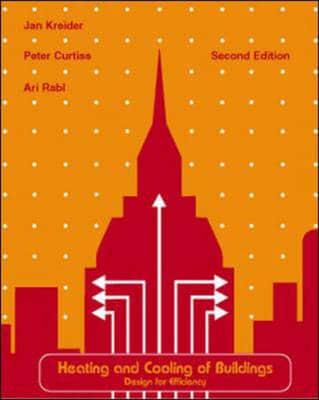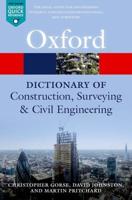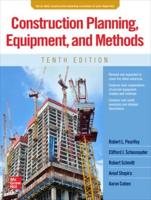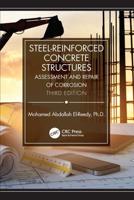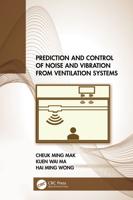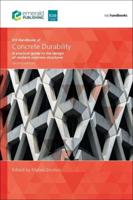Publisher's Synopsis
Heating and Cooling of Buildings, Second Edition by Kreider and Rable covers technologies-from materials to computers-that are exerting a profound effect on the design and operation of buildings. Numerous examples are presented and solved to reinforce important concepts and software applications are integrated throughout. The contents of this edition have been expanded to include a chapter on economic analysis and optimization, new heating and cooling load procedures, more than 200 new homework problems, and new and simplified procedures for ground coupling heat transfer calculations. One of the most notable difference in the second edition of this book is that many of the appendices from the first edition of this book have been moved to the accompanying CD-ROM. The CD-ROM amounts to a searchable database of tables, charts, and information on building codes. For example, there are more than 1,000 tables in the electronic appendices that can be searched by major categories, a table list, or an index of topics. The CD also directs students to the central web site where several hundred links are maintained to hep students find manufacturer and government data, browse in newsgroups, and find any corrections and updates to t e text and date tables. Students have come to expect this kind interaction through Internet searches.
